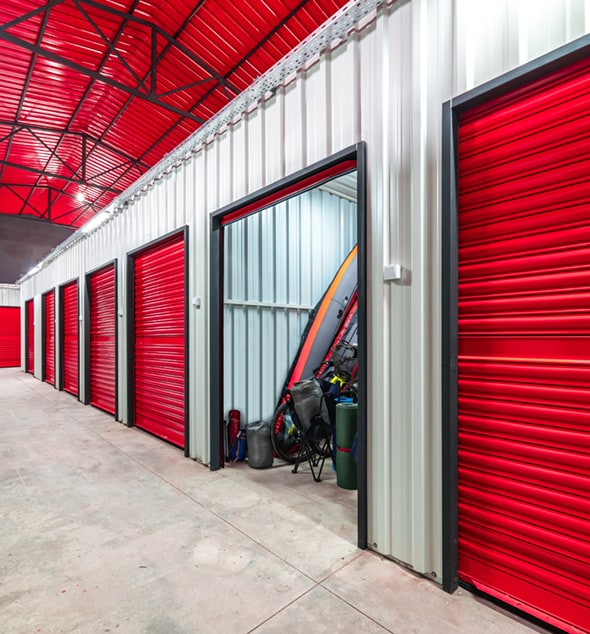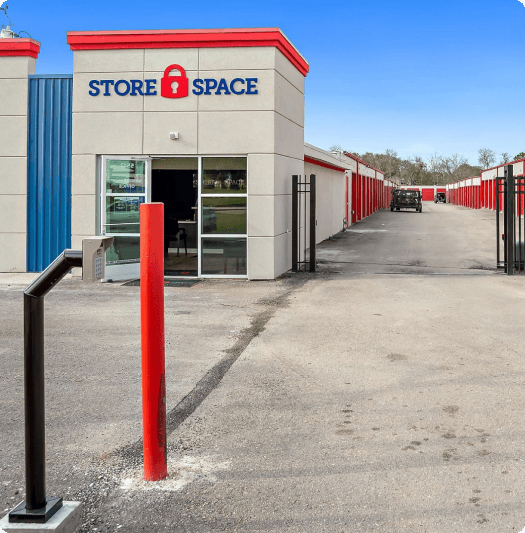7 Most-Asked Questions About Self-Storage
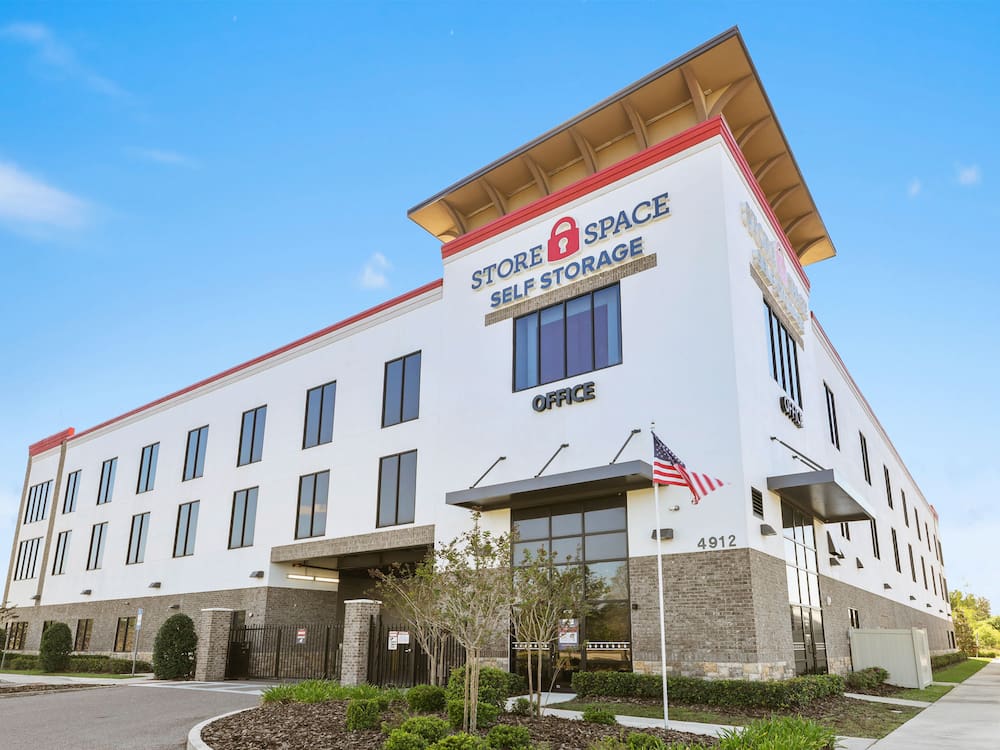
In the 1960s, the modern self-storage industry began in Texas when some entrepreneurs created some buildings that looked like garages out of cinderblock and corrugated metal and fitted each with a roll-up door. Then they rented them to people with excess belongings and an entire industry was launched.
While the concept hasn't changed much in the ensuing half-century, there have been a lot of innovations in the way people rent, the types of units available, and the features and amenities at storage facilities.
Another thing that hasn't changed is the questions that consumers ask about self-storage. We've compiled the 7 most-asked questions about self-storage, as well as some answers to help you in your decision to rent storage.
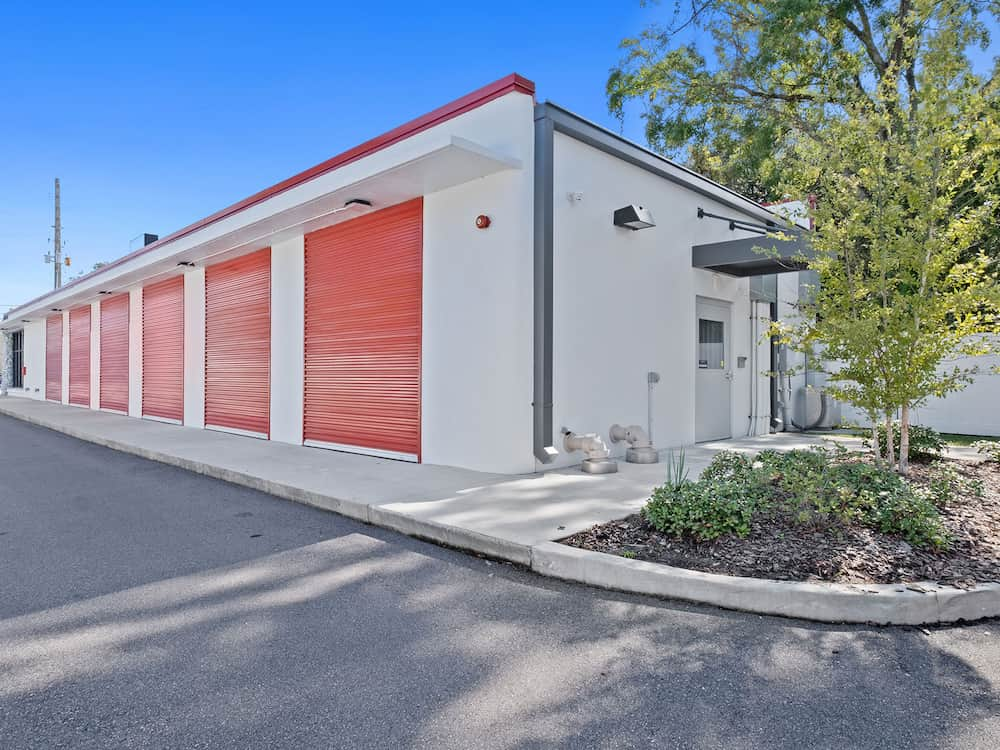
1. What type of self-storage unit should I get?
Before deciding what type of storage space to rent, it's important to know your options.
There are two main types of storage units available: indoor and drive-up.
Drive-up self-storage units offer ground-level access so renters can drive their car or truck right up to the unit door to load and unload. Indoor storage units are usually part of multi-story facilities with wide hallways and automatic lighting, with upper floors usually served by freight or oversized elevators.
A third type of storage available is vehicle storage, which is often an oversized parking space in a fenced-in area large enough to accommodate RVs or other oversized vehicles.
Of course, there are many storage properties that offer a combination of two or more types of storage.
Where you live may influence the type of storage available nearby. Drive-up self-storage facilities are more common in areas where real estate is less expensive, allowing for a much larger footprint. Indoor facilities are often found in urban or suburban areas where land costs more, making vertical construction an economical choice. Indoor facilities are sometimes repurposed structures that have been converted to self-storage, such as warehouses or industrial buildings.
Indoor facilities are more likely to offer climate-controlled storage units. These are kept in a temperature range (usually between 55 F and 80 F) year-round by circulating air throughout the building. This can mitigate the damaging effects that too much or too little humidity and temperature extremes can have on stored items, especially furniture, electronics, clothes, paper and similar items. Not all indoor units are climate-controlled.
The biggest selling point of drive-up storage units is their convenience. As the name implies, you can drive a truck or car right up to the door, roll up the door, load the unit, close the door and lock it. While anyone can rent a drive-up unit, businesses that need to access inventory or equipment tend to prefer drive-up storage to indoor options. Drive-up units can also be climate-controlled self-storage units but many are not.
2. How much does self-storage cost?
The cost of renting a self-storage unit can vary based on a number of factors, such as the unit size, the features of the unit, the location of the facility and so on. For instance, a drive-up 10x20 storage unit in a small town may cost significantly less than a 5x5 climate-controlled unit in a major metropolitan area. Supply and demand can also factor into costs.
According to this article from 2021 about storage costs, Hawaii, New York and California have the highest average rents for a 10x10 storage unit, while Oklahoma averages the lowest rates.
3. What items can I store in a self-storage unit?
The most common items stored in self-storage units are furniture, appliances, electronics, boxes and other household goods. Other popular items include recreational vehicles (RVs), boats, clothing and seasonal decorations. Businesses often use self-storage to store paperwork, inventory, equipment and supplies.
You can also visit our Help Center. There are many things that are regulated by state and local laws, as well as items that are restricted by the storage facility itself. Start with food, fuel, furs, and firearms, then check with the facility regarding what items are allowed before signing a rental agreement.
4. What are the features to look for in a storage facility?
Storage facilities should have the basics, such as automatic lighting, computer-controlled access, fenced perimeters, 24/7 video cameras and more.
Note: Self-storage differs from warehouse storage because each renter holds the key to their own lock and employees do not have access to the unit.
5. How long can I keep items stored in a self-storage unit?
There is typically no end date associated with self-storage. As long as payments are made on time, renters can keep items in storage as long as they need to. Most leases are month-to-month, allowing renters to stay as long as needed.
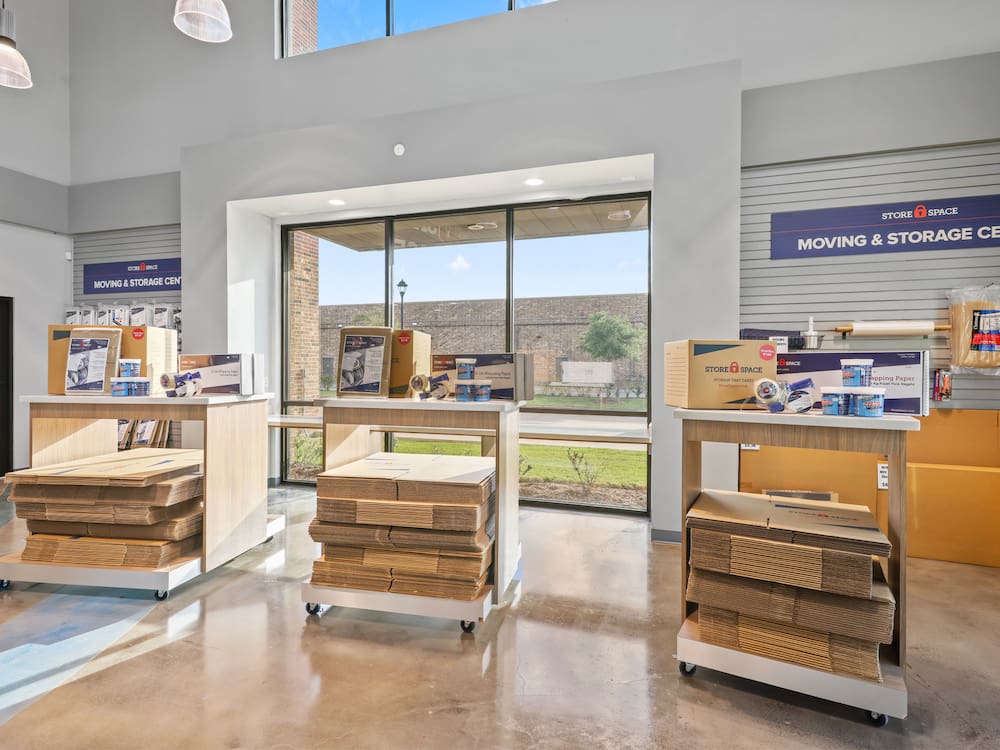
6. What is the process for renting and vacating a self-storage unit?
Consumers often have multiple rental options, including in-person, by phone or online. In many cases, a reservation can be made to hold a unit for a week or two, or rentals can be made same-day.
If a consumer is unsure what size storage unit to rent, consult an online storage unit size guide. Store managers and call center agents will also assist with sizing, just give them a rough idea of what you plan to store.
In addition to helping select a size, staff can also assist customers buying boxes and a sturdy lock, and selecting a tenant protection plan based on the estimated value of stored items. A renter should also expect to sign a rental agreement, which outlines the terms and conditions for renting, and often includes information about vacating the unit, when rent is due, prohibited items and more.
Storage facilities are designed to make moving in easy, and often have features like wide access roads for trucks, a designated loading area, wide interior aisles, large elevators, hand carts to borrow, and more.
To leave a storage unit, most companies require a 30-day written notice of intent to vacate, but that may vary.
7. How do I know which self-storage facility to choose?
Most people select a storage facility based on proximity to their home or place of business. However, there are a number of other factors to consider. Price can also be an important consideration, and storage companies often offer move-in promotions for new customers.
Consumers often try to find a balance between convenience, features and affordability when selecting a storage facility. In addition to comparing rates, promotions, features and amenities, consumers also read reviews before selecting a storage facility.
Why do People Need Self Storage?
For some, the need for storage can come as a surprise (relationship or family changes, relocation or job changes), while for others, it's part of a planned decluttering exercise designed to free up space in the home or in the workplace.
Additionally, self-storage provides an ideal cost-saving solution when compared with relocating to a larger home or business. Whether you need to store items for seasonal purposes or long-term, self-storage units can be the perfect addition to your organization plan.
We hope that you've found some answers to the most commonly asked questions about storage. Use our storage location finder to locate a Store Space location near you. For more questions about specific Store Space facilities, visit us online or contact our CARE Center at 833-786-7366.




